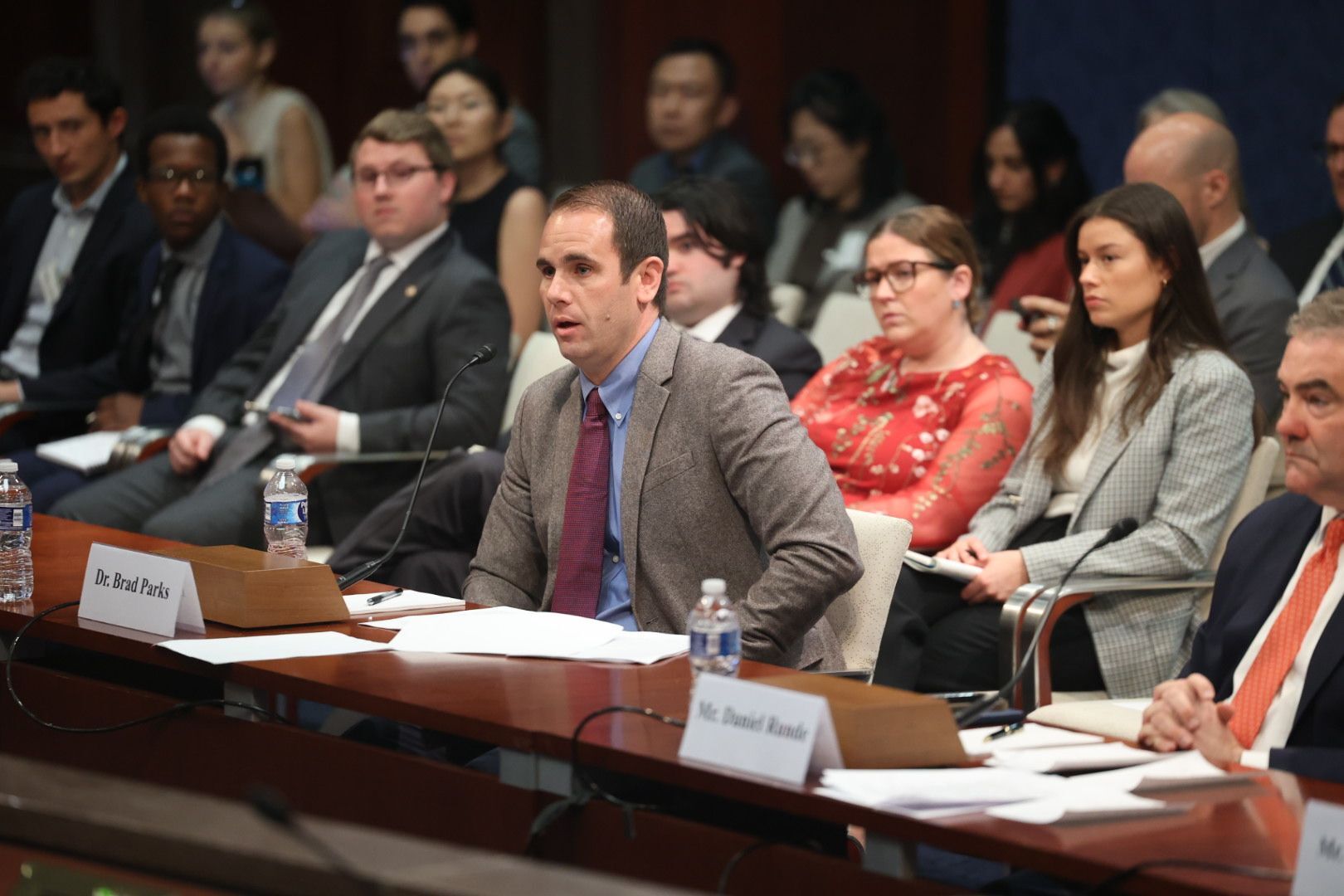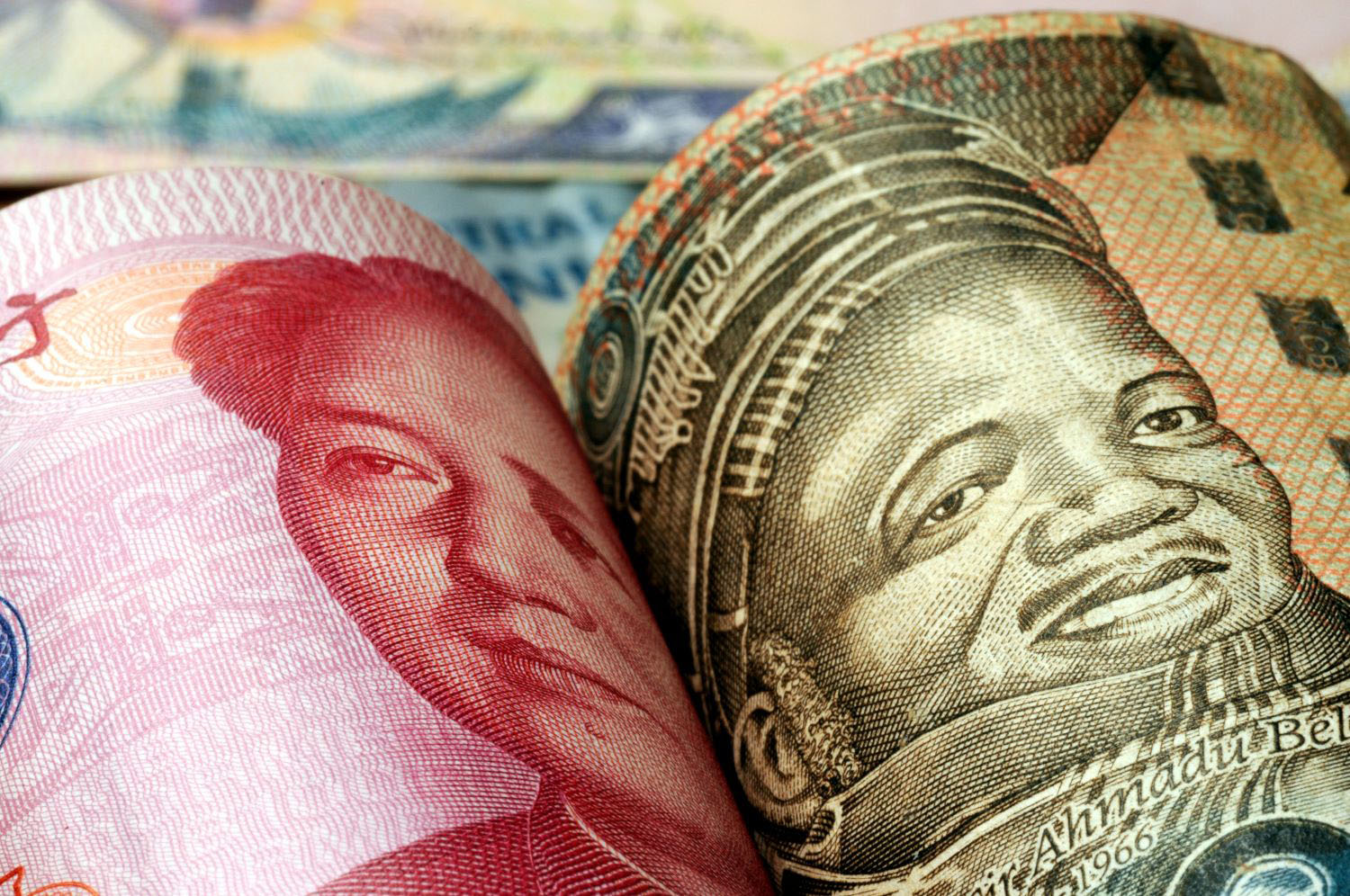The blogosphere is abuzz following the June 13 New York Times report by James Risen that Afghanistan is a potential El Dorado of minerals:
The United States has discovered nearly $1 trillion in untapped mineral deposits in Afghanistan, far beyond any previously known reserves and enough to fundamentally alter the Afghan economy and perhaps the Afghan war itself. The previously unknown deposits — including huge veins of iron, copper, cobalt, gold and critical industrial metals like lithium — are so big and include so many minerals that are essential to modern industry that Afghanistan could eventually be transformed into one of the most important mining centers in the world…
One predictable reaction to this “discovery” (which seems not to be so new?) is that Afghan minerals may fuel conspiracy theories about the real intentions of the United States. I remember in 1993 many people were convinced that secret oil was the real reason behind the U.S. humanitarian intervention in Somalia.In terms of development,
my initial reaction (NPR) is mostly “uh oh!”. Given that other fragile states have found natural resources wealth to be more a source of corruption and conflict than success, a mother lode of minerals doesn’t bode well for one of the world’s most fragile and corrupt countries. Afghanistan is not only a war zone, it also ranks among the world’s most corrupt:
179 out of 180 countries by Transparency international. How can a country like that possibly hope to beat the resource curse?Michael Ross, a UCLA prof and one of the leading
authorities on the resource curse recently blogged in Foreign Policy that he
wasn’t overly worried about Afghanistan and it wasn’t inevitable that the discovery would become a problem.I’m less optimistic, especially if the “unearned income” from new mineral wealth provides one less reason for the Afghan government to build a sensible tax system – the basis of statebuilding and a social contract with the population. I’m still mulling over whether our idea for Ghana - for
the government to hand out the proceeds of natural resources in cash transfers to the population - might be a good option for Afghanistan.Another reason I’m less sanguine is that it seems that countries which escaped the resource curse, like Chile, Norway, and Botswana, did so largely because a powerful non-resource constituency pushed to make sure that their sectors did not get swamped and distorted. In Afghanistan, the only possible powerful alternative sector would be growers and traders of opium poppies. That doesn’t sound like a recipe for stability and democracy.One thing I’m certainly not worried about is
China. Like oil, the markets for most of the commodities that Afghanistan may have are large and liquid enough that it really doesn’t matter what company takes it out of the ground. (Lithium may be an exception to this). If the United States really wants Afghanistan to benefit from its minerals, it should want the country to get the best possible deals, and these very well may be from non-U.S. companies. Narrow mercantilism seems a bad strategy for promoting either development or cooperation on counter-terrorism.
CGD blog posts reflect the views of the authors, drawing on prior research and experience in their areas of expertise.
CGD is a nonpartisan, independent organization and does not take institutional positions.





